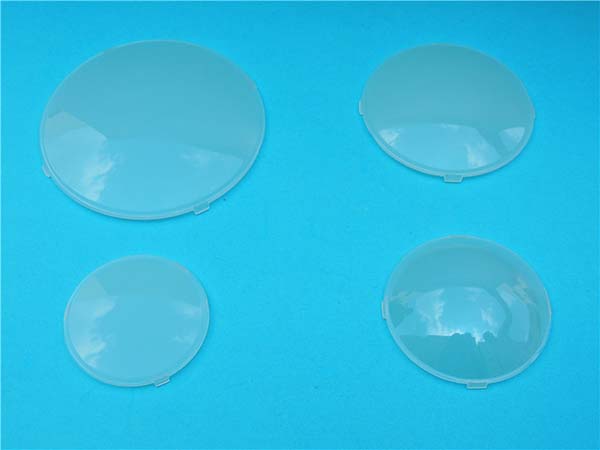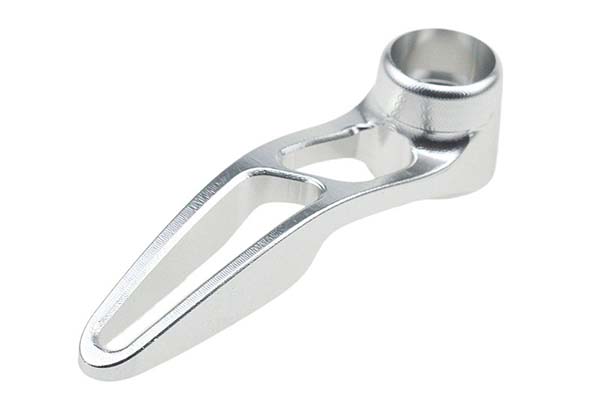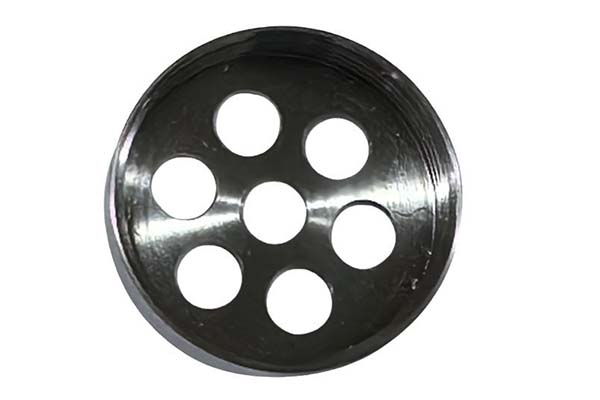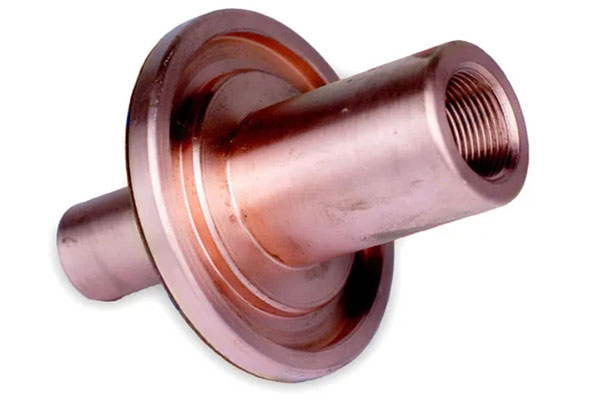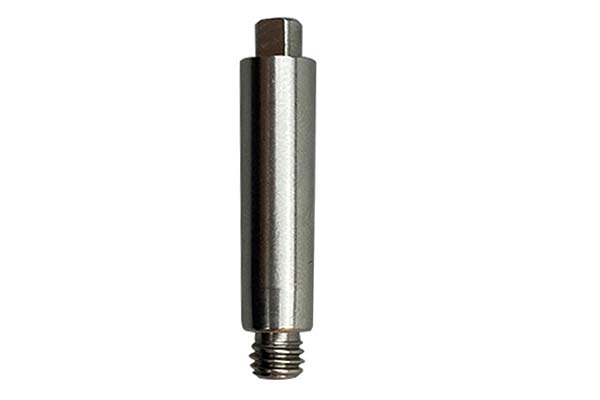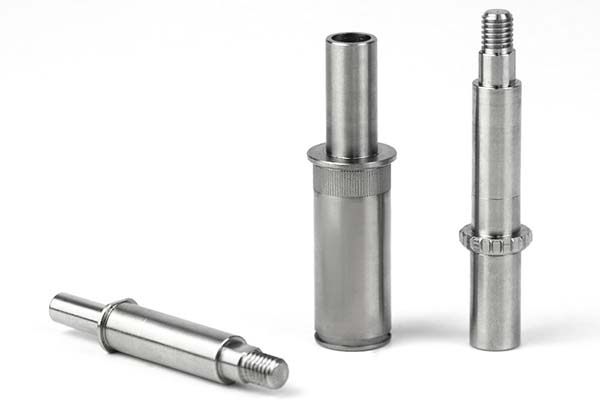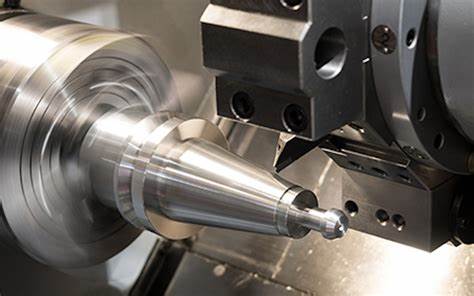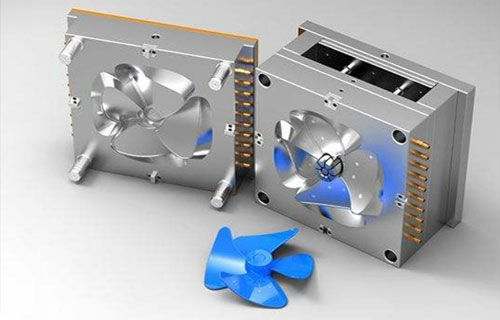CNC machining of PI (Polyimide) presents unique challenges that manufacturers often grapple with. Its exceptional thermal stability (withstanding temperatures up to 300°C) and high material hardness make it ideal for extreme environments, but these properties also make it highly abrasive—leading to rapid tool wear if not paired with specialized cutting tools. Additionally, PI’s low machinability compared to other plastics requires precise cutting parameters to avoid surface defects like chipping or cracking. Achieving tight tolerance control and consistent surface roughness adds another layer of complexity, especially for aerospace and semiconductor applications. This guide addresses these pain points, offering expert strategies to master CNC machining of PI polyimide.
CNC Machining Process
The CNC machining process for PI polyimide demands precision and specialized techniques to handle its unique properties:
- CNC milling: The primary process for PI, using high-speed spindles (6000-10,000 RPM) and rigid setups to minimize vibration. A feed rate of 0.02-0.05 mm/tooth and depth of cut of 0.1-0.5 mm balances material removal and tool life, while precision machining setups achieve tolerances as tight as ±0.005 mm.
- CNC turning: Used for cylindrical PI parts like bushings or shafts, with spindle speed of 3000-5000 RPM and slow feed rates (0.05-0.1 mm/rev) to prevent tool deflection. Sharp tools and light cuts are critical to avoid chipping.
- Machine setup: PI workpieces are secured with high-pressure fixtures or vacuum chucks to prevent movement during machining, as even minor deflection can ruin tight-tolerance parts. Tool selection is paramount—diamond or CBN tools are preferred for their wear resistance.
- Cutting parameters optimization: PI’s abrasiveness requires lower feed rates and higher spindle speeds compared to other plastics. For example, a carbide end mill machining PI might use a spindle speed of 8000 RPM and feed rate of 0.03 mm/tooth, versus 5000 RPM and 0.08 mm/tooth for PEEK.
Polyimide (PI) Material Properties
Polyimide (PI) is a high-performance polymer with properties that make it indispensable in extreme applications, though they complicate machining:
- Thermal stability: PI retains its properties at continuous use temperatures of 260-300°C, with some grades surviving short-term exposure to 500°C—ideal for aerospace and semiconductor equipment.
- Mechanical strength: It boasts a tensile strength of 100-150 MPa and flexural modulus of 3.5-4.5 GPa, offering exceptional rigidity and load-bearing capacity for structural components.
- Chemical resistance: PI resists most acids, alkalis, solvents, and fuels, making it suitable for chemical processing and automotive under-hood applications.
- Electrical insulation: With a volume resistivity of 10¹⁶ Ω·cm, PI is an excellent electrical insulator—critical for electronic parts and high-voltage components.
- Wear resistance: PI has low friction and high wear resistance, suitable for bearings and bushings in industrial machinery.
- Material hardness: PI has a Rockwell hardness of M100-110, making it much harder than most plastics and highly abrasive to cutting tools.
| Property | PI Polyimide | PEEK | Teflon |
| Continuous Use Temp | 260-300°C | 260°C | 260°C |
| Tensile Strength | 100-150 MPa | 90-100 MPa | 20-30 MPa |
| Material Hardness (Rockwell) | M100-110 | M85-95 | D50-60 |
| Chemical Resistance | Excellent | Very Good | Excellent |
Applications of CNC Machined PI Components
CNC machined PI polyimide parts are trusted in demanding industries for their ability to perform under extreme conditions:
- Aerospace components: Engine sensors, thermal shields, and electrical connectors leverage PI’s high-temperature performance and lightweight properties.
- Electronic parts: Circuit board substrates, insulator spacers, and semiconductor wafer carriers use PI’s electrical insulation and thermal stability.
- Medical devices: Surgical instrument handles and high-temperature sterilization trays benefit from PI’s biocompatibility and resistance to autoclaving.
- Industrial machinery: Bearings, gears, and valve components rely on PI’s wear resistance and low friction, even in high-heat industrial environments.
- Semiconductor equipment: Wafer chucks, process chamber liners, and handling tools use PI’s purity and resistance to plasma etching chemicals.
- Automotive parts: Under-hood sensors and exhaust system components leverage PI’s ability to withstand high temperatures and automotive fluids.
- Precision instruments: Optical mounts and calibration tools use PI’s dimensional stability across wide temperature ranges.
CNC Machine Tools for PI Polyimide
Specialized CNC machine tools are required to achieve precision in PI machining:
- CNC lathes: High-precision lathes with rigid beds and spindle runout <0.001 mm are ideal for turning PI cylindrical parts, ensuring concentricity and surface finish.
- CNC milling machines: 3-axis and 5-axis milling machines with high-speed spindles (up to 15,000 RPM) handle complex PI parts, with 5-axis systems reducing workpiece handling to minimize errors.
- Multi-axis machines: 5-axis machining centers enable simultaneous cutting from multiple angles, reducing setup time and improving accuracy for intricate PI components.
- High-speed machining centers: Spindles with 10,000-15,000 RPM allow faster material removal while maintaining surface finish, critical for PI’s abrasiveness.
- Precision grinding machines: Used for finishing PI parts to tight tolerances (±0.002 mm) and smooth surface roughness (Ra <0.1 μm), essential for semiconductor applications.
- EDM (Electrical Discharge Machining): Ideal for complex PI shapes that are difficult to mill, using electrical sparks to erode material without mechanical stress—preventing chipping.
Quality Control in CNC Machining of PI
Maintaining quality in CNC machined PI parts requires rigorous checks to ensure performance in extreme environments:
- Inspection methods: Dimensional measurement using CMM (Coordinate Measuring Machine) verifies tolerances, with accuracy up to ±0.001 mm for critical features. Optical comparators check surface profiles and edge sharpness.
- Surface roughness: PI typically achieves Ra 0.2-0.8 μm with proper machining. Profilometers measure Ra and Rz values, with Ra <0.4 μm required for sealing surfaces in aerospace components.
- Tolerance control: PI parts often require tolerances of ±0.005-0.01 mm, achievable with rigid machine setups and in-process measurement. Statistical process control (SPC) tracks variations to maintain consistency.
- Non-destructive testing: Ultrasonic testing detects internal defects in thick PI parts, while visual inspection under magnification identifies surface cracks or chips.
- Quality standards: Compliance with AS9100 (aerospace) and ISO 13485 (medical) ensures PI parts meet industry-specific requirements, with documentation of material certifications and machining parameters.
- Metrology: Advanced metrology equipment, including laser scanners and white-light interferometers, provides detailed 3D measurements of complex PI components.
Tooling and Cutting Tools for PI Machining
Selecting the right tools is critical to overcoming PI’s abrasiveness and hardness:
- Carbide tools: Solid carbide tools (grade K10-K20) work for low-volume PI machining, though they wear quickly—lasting 50-100 parts before replacement.
- Diamond tools: PCD (Polycrystalline Diamond) tools are ideal for high-volume PI production, with tool life 10-20 times longer than carbide due to diamond’s extreme hardness.
- CBN (Cubic Boron Nitride): CBN tools perform well at high temperatures, making them suitable for dry machining of PI—reducing heat-related defects.
- Tool coatings: Titanium aluminum nitride (TiAlN) coatings extend carbide tool life by 30-50% in PI machining, reducing friction and heat.
- Tool geometry: Tools with a negative rake angle (-5° to -10°) and sharp cutting edges minimize cutting forces, reducing chipping in PI. A 2-flute design improves chip evacuation.
- Tool sharpening: PCD and CBN tools require specialized diamond grinding for sharpening, ensuring cutting edges remain sharp to maintain surface finish.
CNC Programming for PI Polyimide Machining
CNC programming for PI polyimide requires specialized approaches to handle its properties:
- CAD/CAM software: Advanced software with PI-specific toolpath templates optimizes cutting strategies, reducing tool wear and improving surface finish.
- G-code programming: Manual programming includes feed rate overrides and spindle speed adjustments to account for PI’s varying hardness across workpieces.
- Simulation: Virtual machining simulations identify potential tool collisions and excessive cutting forces, preventing damage to PI parts and tools.
- Toolpath generation: Climb milling (cutting with the rotation of the tool) reduces tool deflection, while circular interpolation around corners minimizes chipping in PI.
- Nesting: Efficient nesting of PI parts in material blanks reduces waste, important given PI’s high material cost.
- Post-processing: Custom post-processors convert CAD/CAM data into machine-specific code, ensuring optimal performance on CNC control systems.
Yigu Technology's Perspective
Yigu Technology specializes in CNC machining PI polyimide, leveraging expertise in handling its extreme hardness and abrasiveness. We use PCD (Polycrystalline Diamond) tools and EDM (Electrical Discharge Machining) for complex parts, ensuring tight tolerances and smooth surface finish. Our quality control includes CMM (Coordinate Measuring Machine) inspection and ultrasonic testing, critical for aerospace and semiconductor clients. We optimize CNC programming with PI-specific toolpaths to minimize tool wear and reduce costs. Whether producing high-temperature aerospace components or precision electronic parts, we tailor our processes to maximize PI’s strengths, delivering reliable parts that meet the strictest industry standards.
FAQ
- Why is PI polyimide so difficult to machine, and how to overcome it?
PI’s high hardness and abrasiveness cause rapid tool wear, while its brittleness leads to chipping. Overcoming this requires diamond tools or CBN (Cubic Boron Nitride) tools, slow feed rates (0.02-0.05 mm/tooth), and rigid machine setups to minimize vibration.
- What surface roughness can be achieved when machining PI polyimide?
With proper tooling and parameters, PI can achieve surface roughness as low as Ra 0.1-0.2 μm. This requires sharp diamond tools, low feed rates, and a light finishing pass (0.05-0.1 mm depth of cut), critical for sealing and bearing applications.
- Which CNC machine tools are best for machining PI polyimide?
High-speed CNC milling machines (10,000-15,000 RPM) and EDM (Electrical Discharge Machining) are most effective. 5-axis machines reduce setup time for complex parts, while precision grinding machines achieve tight tolerances (±0.002 mm) for critical features.
